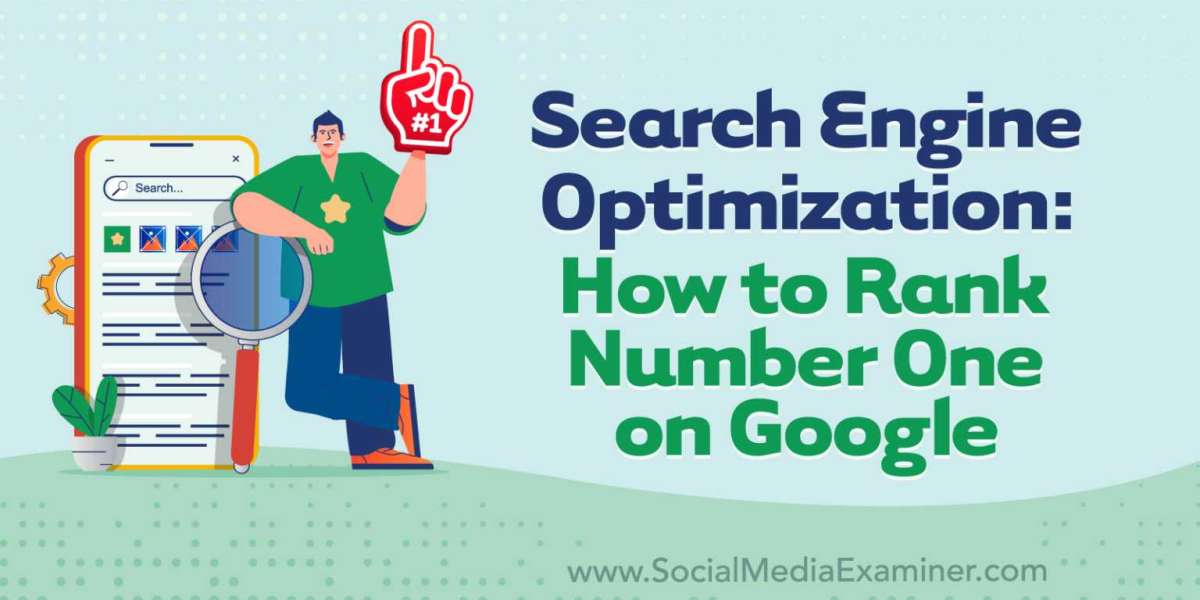Social marketing is a believe you meaconcept that refers to the application of marketing principles and techniques to promote positive social or behavioral change within a target audience or society as a whole.
Unlike traditional commercial marketing that aims to sell products or services, social marketing aims to influence people's behaviors and attitudes for the greater good. The focus of social marketing campaigns can vary widely, and some common areas include public health, environmental conservation, education, and social issues.
Social marketing campaigns often utilize various communication channels, including social media, television, radio, print media, and community outreach, to disseminate messages effectively. The goal is to raise awareness, change perceptions, and ultimately drive individuals or communities to adopt desired behaviors that lead to positive outcomes.
For example, a social marketing campaign might aim to reduce smoking rates by highlighting the health risks associated with smoking and promoting the benefits of quitting. Another campaign might seek to encourage recycling by emphasizing the environmental impact of waste and the benefits of responsible waste disposal.
The success of social marketing campaigns relies on careful planning, research, and understanding of the target audience's motivations, values, and barriers to change. By using marketing techniques, social marketing strives to bring about meaningful and lasting positive changes in society.
Continuing from where we left off:
Social marketing campaigns are typically designed to address complex social issues that require behavioral changes from the target audience. This approach recognizes that behavior change is not always straightforward and may involve multiple factors, including individual beliefs, social norms, cultural influences, and external barriers.
To develop an effective social marketing campaign, several key steps are usually involved:
Research:
Thorough research is conducted to understand the target audience's attitudes, behaviors, and beliefs related to the social issue at hand. This research helps in identifying barriers to behavior change and the factors that could motivate individuals to adopt the desired behavior.
Strategy and Planning
: Based on the research findings, a comprehensive strategy is formulated to guide the campaign's direction. This includes setting clear objectives, defining the target audience, and outlining the messages and communication channels to be used.
Message Development:
Crafting compelling and persuasive messages is crucial in social marketing. Messages should resonate with the target audience's values and emotions, making them more likely to consider and adopt the desired behavior.
Implementation
The campaign is launched across various communication channels, such as social media platforms, websites, television, radio, billboards, and community events. Engaging visuals and relatable storytelling are often used to capture attention and drive the message home.
Monitoring and Evaluation
Throughout the campaign, its performance is monitored to assess its effectiveness. Key performance indicators (KPIs) are used to measure the campaign's impact, such as changes in behavior, increased awareness, or shifts in attitudes within the target audience.
Adaptation and Improvement:
Based on the evaluation results, adjustments may be made to the campaign to enhance its effectiveness continually. Social marketing is an iterative process, and learnings from one campaign can inform future initiatives.
Social marketing has proven to be a powerful tool in addressing various social issues worldwide. Some successful examples of social marketing campaigns include initiatives to promote safe driving, increase vaccination rates, combat obesity, encourage responsible alcohol consumption, and support mental health awareness.
By leveraging the principles of marketing and communication, social marketing has the potential to create positive social change, contributing to the improvement of public health, environmental sustainability, and the overall well








